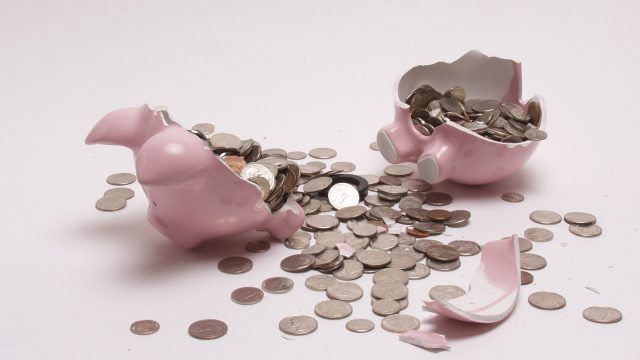John Andrist: Must We Pay All Those Bills?

In today’s world most of us would concur with the wish that everyone could receive quality medical care.
And who among us would not bring food to a neighbor in need? The very thought of someone in our neighborhood going hungry is simply unacceptable to us.
We regularly pass on used clothing to those in need, and we cringe to learn of somebody who is homeless, particularly when it is in our home community.
All of these are basic human needs. But I’ve been struck by two interesting thoughts this week.
(1) There is nothing in our federal Constitution to suggest this is a governmental responsibility, and
(2) how we have come to believe almost every human need is the responsibility of government.
Food, shelter, clothing, medical services, (particularly mental health services), disease prevention, disability services, public transportation, drug abuse/treatment, even enriching entertainment have come to be (or are becoming to be) entitlements.
Daily conversation with friends and neighbors inevitably leads to a statement that starts with, “They should . . .” And usually the word “they” means some level of government.
[mks_pullquote align=”right” width=”300″ size=”24″ bg_color=”#ffffff” txt_color=”#000000″]Daily conversation with friends and neighbors inevitably leads to a statement that starts with, “They should . . .” And usually the word “they” means some level of government. We haven’t accepted socialism as a political doctrine in America, but in our own way we all embrace it to some degree.[/mks_pullquote]
We haven’t accepted socialism as a political doctrine in America, but in our own way we all embrace it to some degree.
Bernie Sanders won applause from many of us when he added cradle to the grave medicine and education to the list.
That’s fine in principle. But what do we do if and when there is no money to pay for it?
But the elephant in the tent is these questions:
How big can our list of entitlements be?
Is there any plan to pay for this giant credit card, or do we just keep borrowing and building more and more debt?
Is it possible that there might be a credit limit imposed on us, a time when nobody wants to lend us any more money?
I often told my children that America is a great country, where most of us can have anything we want. But don’t confuse that with having everything we want.
I can’t think of a single financial entitlement that is guaranteed by our U.S. Constitution.
Our vaunted Bill of Rights is not about entitlements. It deals only with opportunity, freedom, and protection from external sources. Old fashioned stuff.
Perhaps it is true, that we can really have everything we want. Much of the free world has a substantially longer list of freebies than America does.
But they don’t spend like we do to protect and feed the other guys, as we do.
Meanwhile, we have pretty much redefined our thinking on what is real need.
And yet, most of us don’t really believe there is no limit. Bernie Sanders can win a lot of our love, but it is doubtful he can win our votes.
Most economists, even the most generous ones, don’t really believe there is no limit to socking the rich.
Congress is poised to again increase our debt limit this fall. What if our bankers should say “no”?
I like to think that although I don’t know all the answers, I’m pretty good at finding the questions.
Protest hobbles public dialogue
Although the First Amendment enshrines protest as an American right, in today’s world some protest activities actually deny free speech.
The best illustration of that truth is on college campuses, where open dialogue is being shut down, mostly by left wing zealots.
Protest extremism is also shutting down some access to public meetings.
A case in point is the recent visit of EPA Administrator Scott Pruitt, who met last week with North Dakota officials to discuss regulatory reductions advocated by the Trump administration.
He did it, not because he wanted to cloak government, but because he didn’t want to have protesters interrupting the business.
If we want to preserve and protect the First Amendment and open government we need to find a way to muzzle the extremism that marks so much of today’s public protest.




